- Save the date: Tesla has announced it will hold an annual shareholder meeting on November 6, one day after a pointed letter from investors to the board enthusiastically recommended the independent directors set a date—publicly.
Better late than never. Tesla announced on Thursday it will hold an annual meeting on November 6, some 24 hours after a letter from more than two dozen investors in the $952 billion electric-vehicle maker pressed the board on when it would next go mano-a-mano with its shareholders.
The last annual shareholder meeting was a high-stakes event that saw investors approve CEO Elon Musk’s controversial pay package a second time and greenlight a move from Delaware to Texas. Under Texas law, Tesla is required to hold an annual meeting within 13 months of the last one, which was June 13, 2024. Tesla notified investors about the meeting and set a July 31 deadline for shareholders to submit proposals.
Meanwhile, Tesla has yet to file a proxy statement—which tells shareholders the meeting agenda and items to be voted on—that would likely answer swirling questions about Musk’s controversial compensation. To refresh: His pay package was structured as a moonshot mega grant initially valued at $2.6 billion before soaring along with shareholders’ fortunes as high as $56 billion. It was to be the highest compensation ever awarded to a publicly traded CEO in history. However, an investor challenged it in court and Delaware Chancery Court Judge Kathaleen St. J. McCormick rescinded it twice—even after Tesla investors approved it a second time last year.
As it stands, it’s unclear how the Tesla board will proceed with paying Musk, a prerogative for keeping him engaged at Tesla amid his other competing interests and companies, the board chair Robyn Denholm has said. Tesla has faced serious pressure from investors over Musk’s work with President Donald Trump’s Department of Government Efficiency (DOGE) and later Musk’s bitter bust up with Trump. That followed with Musk announcing he would create a third political party, the “America Party.” The announcement led to a selloff in Tesla shares, which led to $15 billion being wiped from Musk’s net worth.
Following the announcement, a few of Tesla’s investors were underwhelmed.
“Tesla isn’t riding on innovation right now, it’s riding on inertia.”
Mark Pinsley, Lehigh County ControllerIn a statement, New York City Comptroller Brad Lander said the announcement was a “welcome, if belated, recognition that the rule of law applies to everyone—even the world’s richest man and his company.”
“The basic corporate governance rules are not optional; they are fundamental protections for shareholders and public markets,” said Lander.
Lehigh County Controller Mark Pinsley, a member of the Lehigh County Pension Board that voted last May to halt any new investments in Tesla in the county’s actively managed funds, said Musk’s political ambitions have turned Tesla from a transformative company into a cultural fault line.
“It’s time he stepped aside,” Pinsley told Fortune. “His growing entanglement in politics, including his flirtation with launching a new political party, makes Tesla a proxy for ideological battles rather than a company focused on serving its workers or customers.”
Pinsley said Tesla “benefits enormously” from simply being a part of the S&P 500, meaning index funds are compelled to keep investing in the stock. It creates artificial demand that is largely unrelated to fundamentals such as revenue, innovation, or governance, he said.
“I understand the long-term promise of autonomous taxis,” said Pinsley. “However, we’re still years away from them generating significant revenue, so the [price-to-earnings ratio] remains way out of whack with the underlying fundamentals.”
Plus, Tesla has become a lightning rod, he said, more divisive than visionary, which is a shame for a company that once held real promise to shape society, Pinsley added.
“Tesla isn’t riding on innovation right now, it’s riding on inertia,” he said. “Its place in the S&P 500 keeps demand for its stock artificially high, regardless of performance.”
This story was originally featured on Fortune.com

 4 hours ago
1
4 hours ago
1

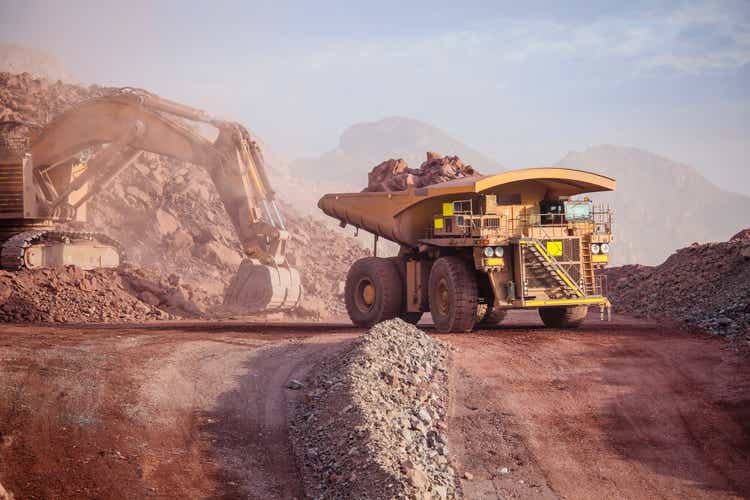
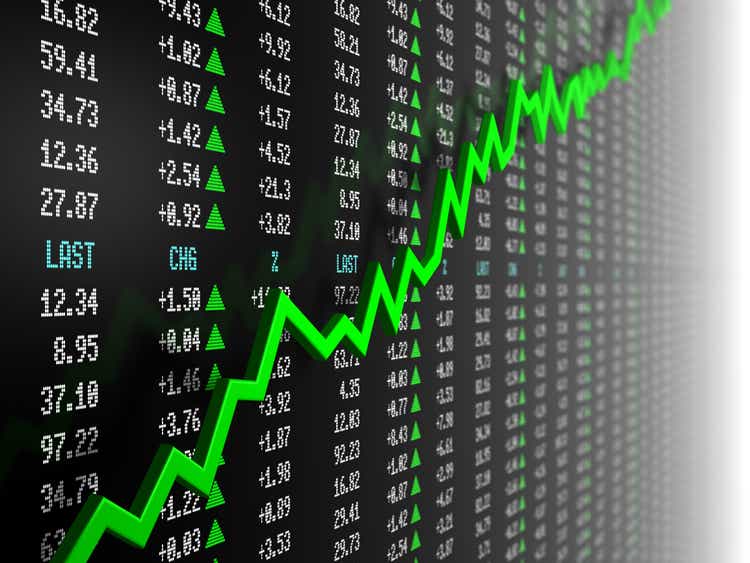

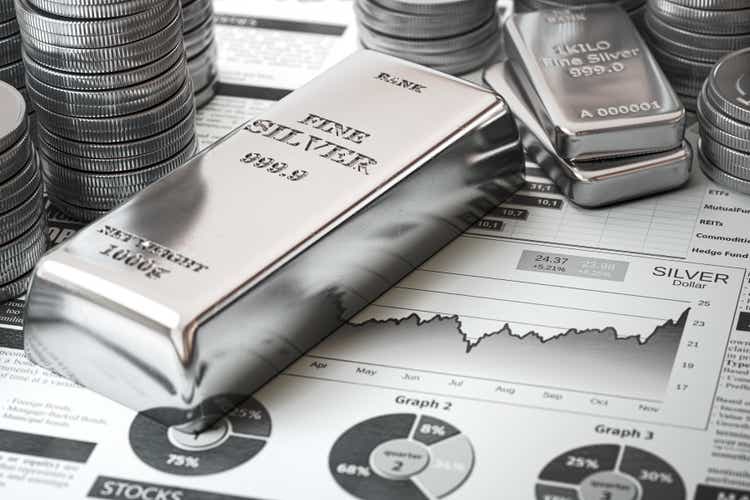

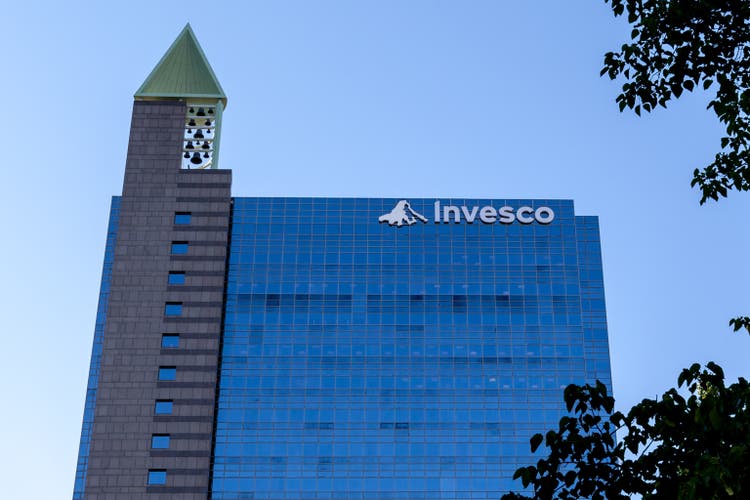

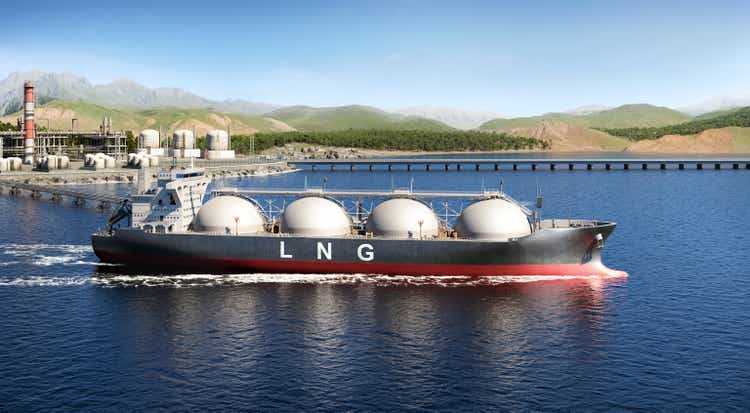
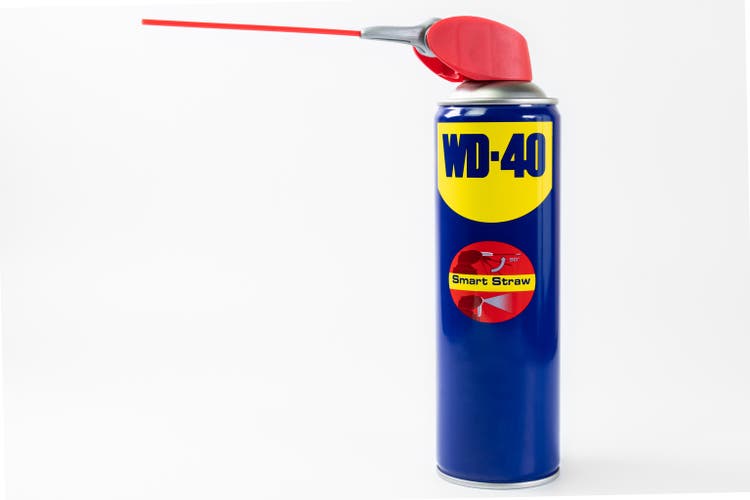


 English (US) ·
English (US) ·